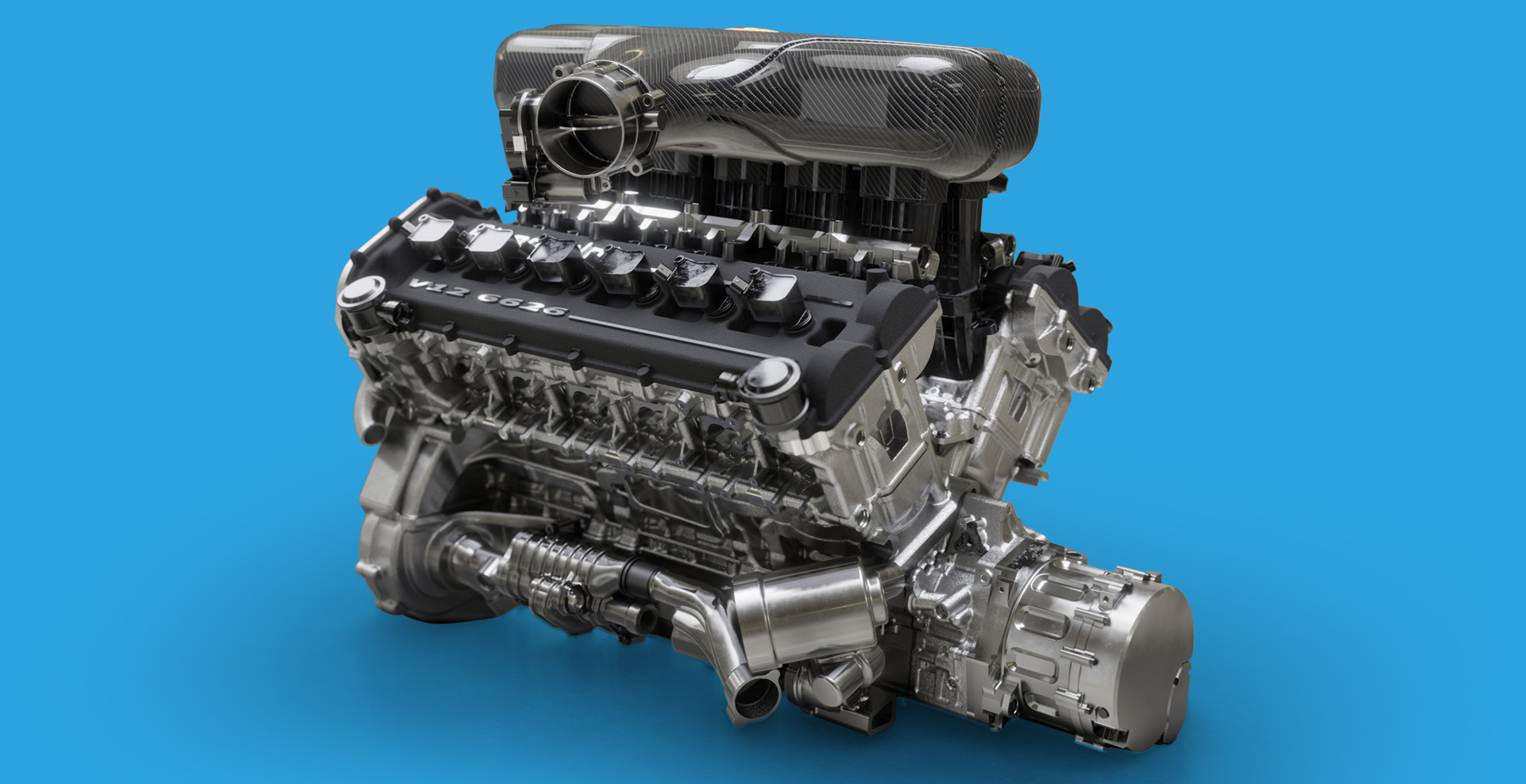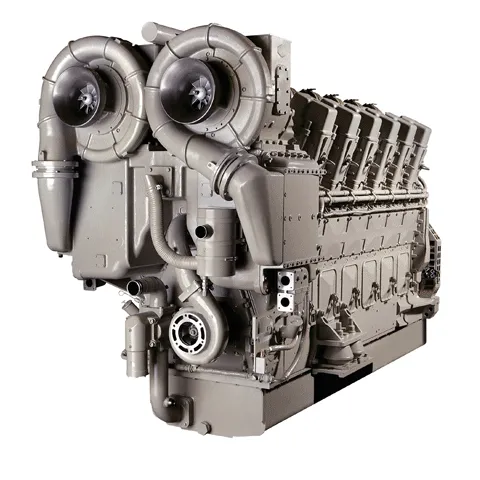Premier Providers: Engines For Africa Uses Dependable Power
Discover a Variety of Engines for every single Vehicle and Purpose
The vehicle landscape is significantly complex, with a diverse range of engine types made to meet specific performance and performance demands throughout numerous lorry categories. Furthermore, heavy-duty engines offer the needs of work cars, while eco-friendly alternatives are acquiring traction in the pursuit of sustainable transport.
Types of Automotive Engines
Automotive engines can be classified into a number of distinct kinds, each developed to meet particular efficiency and performance requirements. One of the most usual categories consist of internal combustion engines, electric engines, and hybrid systems.

Electric engines, on the other hand, operate on electric power kept in batteries, providing immediate torque and zero exhausts. These engines are ending up being significantly preferred as a result of innovations in battery technology and the growing focus on sustainability.
Crossbreed systems combine both inner burning and electric engines, allowing automobiles to enhance gas efficiency and minimize exhausts by seamlessly switching over in between source of power. Each engine type provides its downsides and benefits, affecting variables such as lorry design, intended use, and market need. Understanding these differences is important for consumers and makers alike when selecting the appropriate engine for their details requirements.
Performance Engines for Sports Cars
Efficiency engines for cars are specifically engineered to supply boosted power, dexterity, and speed, establishing them apart from basic automotive engines. These engines frequently use innovative modern technologies such as turbocharging, turbo charging, and variable shutoff timing to take full advantage of performance and responsiveness.
Commonly, efficiency engines are developed with greater compression proportions, which enable better power removal from gas. This results in remarkable horsepower and torque numbers, allowing fast acceleration and higher top rates. The lightweight products utilized in these engines, such as aluminum and carbon fiber, add to minimized general vehicle weight, boosting handling and ability to move.
Engine setups like V6, V8, and even hybrid systems prevail in efficiency sporting activities cars, each offering special advantages in terms of power delivery and driving dynamics. The tuning of these engines is likewise important; many producers enhance the engine administration systems to give a thrilling driving experience, commonly consisting of sporting activity modes that readjust throttle reaction and gear changes.
Efficient Engines for Daily Commuters
In the realm of everyday travelling, effective engines play a crucial duty in enhancing gas economic situation and lessening exhausts while supplying reliable performance. As city populaces expand and environmental problems escalate, the need for automobiles geared up with reliable powertrains has risen.
Modern engines developed for day-to-day travelers often integrate innovations such as turbocharging, direct gas shot, and crossbreed systems. Turbocharging boosts engine performance forcibly more air right into the combustion chamber, permitting smaller, lighter engines that do not jeopardize power output. Straight gas shot boosts gas atomization, leading to much better burning and enhanced effectiveness.
Hybrid engines, combining inner burning with electric power, further enhance fuel economy, especially in stop-and-go web traffic, where typical engines can struggle with ineffectiveness. Electric motors aid throughout acceleration and can operate independently at low rates, minimizing general fuel usage.
In addition, advancements in engine administration systems and light-weight materials add significantly to efficient engine design. By concentrating on performance, toughness, and ecological sustainability, makers continue to deliver engines that not just satisfy the demands of day-to-day travelling but also straighten with international efforts to decrease carbon impacts.
Heavy-Duty Engines for Job Cars
Sturdy engines for job lorries are regularly engineered to supply exceptional torque and integrity under demanding conditions. These engines are made to do in environments where typical engines may falter, such as building and construction sites, logging procedures, and agricultural setups. The main focus of durable engines is their ability to create high levels of power while maintaining resilience over expanded periods of operation.
Typically, sturdy engines use sophisticated materials and robust find out here building and construction methods to hold up against the rigors of hefty workloads. Functions such as enhanced cylinder blocks, improved air conditioning systems, and advanced fuel shot technologies add to their effectiveness. These engines frequently run at reduced RPMs, which helps to maximize gas efficiency while supplying the necessary power for hauling and pulling.
In enhancement to mechanical robustness, sturdy engines are frequently outfitted with sophisticated digital control systems (ECUs) that manage performance, exhausts, and diagnostics. This combination allows for much better monitoring and upkeep, making certain that job automobiles remain effective and operational.
Eventually, heavy-duty engines are an important part in the efficiency of different sectors, giving the necessary power and dependability to deal with the hardest of jobs.
Eco-Friendly Engine Options
The expanding focus on sustainability has actually led to the growth of environmentally friendly engine alternatives that prioritize decreased discharges and enhanced gas efficiency. These engines are made to reduce the environmental effect of automobiles while still supplying the efficiency and dependability expected by consumers.
Among one of the most notable green options are electric and hybrid engines. Crossbreed engines combine typical internal combustion engines with electrical propulsion, enabling reduced fuel usage and lower greenhouse gas discharges. try this Electric engines, on the other hand, run entirely on battery power, generating absolutely no tailpipe discharges and adding to cleaner air top quality.
One more promising advancement is the advancement of biofuel engines, which use sustainable resources, such as plant materials, to power vehicles (Engines For Africa). By utilizing biofuels, these engines can minimize reliance on nonrenewable fuel sources and reduced overall carbon impacts

As the automobile market advances, green engine alternatives will play an essential function in driving the change towards more lasting transport options.
Final Thought
From high-performance engines that enhance sporting activities cars and truck capabilities to reliable designs prioritizing fuel economic climate for day-to-day travelers, each type offers a specific function. Sturdy engines provide to durable job cars, while environmentally friendly choices, such as electric and biofuel engines, promote lasting transportation.
